|
These are short, charming, easy pieces for levels 5 and 6. Q: What can harpsichordists teach pianists? A: How to pace the music. Listen to the subtle flexibility in the flow of the music. In the second video the performer talks about these works. Enjoy, David Revised October 2022
0 Comments
Revised October 2022 Rankings:
What can I do for you?
In short, I will present the material to you in a logical fashion, according to your specific circumstances, using a variety 21st c. multi-modal techniques and provide you with weekly feedback. Call me. David (Authors note I own more than one hundred drum books, listened to hundreds of hours of drumming podcasts, and subscribed to jazz and drum education subscription services promising great masterclass from my jazz heroes. I live on YouTube. Furthermore, I own too many drum sets, snare drums, cymbals and drumming paraphernalia. So, I understand your plight, frustrations, anxieties, and determination.) Revised October 2022 A partial list:
Adult Exam preparations for May and June 2021 1 RCM Prep A 1 RCM 1 1 RCM 3 1 RCM5 2 RCM 7 3 RCM 8 1 RCM 10 Revised October 2022 I'd forgotten how interesting and satisfying writing a fugue can be. (The fugue's subject was inspired by Billy Joel.) This performance is a computer rendition. To be playable with two hands I'd need to transpose the left hand starting at mm. 8. If you would like some help with music theory call me. Best, David Revised October 2022 Setting out to create your own music has many satisfactions. But first a story. I'm 13 years old, and an overly confident self-taught guitarist. I head off to music camp in Kirkland Lake Ontario in the summer of 1972. Harry Forbes, the guitar instructor, was kind and tolerant. Good thing because I sucked. One day I spotted a strange looking keyboard in the corner of the room. Q: "What is that, Harry?" A: "It's an ARP2600 synthesizer". Q: "What does it do?" A: "It does this" Me: "Holy *D*D(#KD+!" I was hooked. I've never looked back. So why create your own music? 1. Personal expression 2. Participate in the sound of our time 3. Keep the "play" in playing music alive 4. Creative exploration and discovery 5. Learn new instruments 6. Join an online community of music makers 7. Become a rich and famous DJ 8. Collect gear Electronic music has its own terms. Now...................................Before Producer Composer DJ Musician DAW Score paper How to get started. The cheapest way is to explore phone apps. This can be expanded with the addition of a specialized keyboard that attaches to your phone. $100+ Next up, purchasing a USB keyboard and a Digital Audio Workstation and pair of audio speakers. $500+ When you want to go all in you will need a USB interface to plug in mics and instruments, USB keyboard and a Digital Audio Workstation, microphones, yards of audio cables, a pair of specialized audio speakers, a specialized desk, and a room to put it all in. I can help you get started, call me. David Revised October 2022 Q: How does an impatient student find patience?
Q: How does the piano teacher maintain the student's enthusiasm while working with an impatient student? Good questions. A: There are no short cuts. Playing piano is a manual as well as intellectual skill that just takes time. If we neglect the development of your core piano skills, you will grow bored, discouraged, and quit. In the end, it's faster to learn the skills, embrace the discomfort of challenging work than to search all over the internet looking for a short cut. A good analogy is martial arts, yellow belts don't graduate to black belts by skipping the intermediate belts. There is a progression of skills, steps, and experiences required to move from belt to belt. Core music skills:
Here is a short story taken from my parallel passion of drumming. I devote a large chunk of my practice time to the core skills and fundamentals of drumming, namely time, tone, and patterning. Left, right, left, right or LLRR or RLRR and LRLL. I listen intently to the results. I analysis my movements. And on and on it goes. I've learned to be patient and I've made some real progress in my studies. I'm confident I will continue to make progress. Let me help you. Call me. Let's get started. David Revised October 2022 Planning an interpretation
This helps the student have a clear metal representation of what to consider and then how to execute this "vision" prior to "practicing" the piece. Call me. David Revised October 2022 This is the book by Anders Ericsson for the layperson on the science of "deliberate practice". This video is a teaser.
Preplanning shortens the time needed to "learn" a piece of music. I start, if I can, by listening to several professional performances. Some of the marks on the score reflect what I heard in a particular performance and other marks are a result of my own deliberations. As I revise this blog, I regret that I didn't mark down what was what and from whom.
Planning an interpretation
David Revised October 2022 Playing well ultimately means playing by ear.
Adult piano students tend to rely on their visual and analytical strengths. The parts that lead to professional success. Their tactile and auditory sides are often weak. “Tactile, what’s that?” “Playing by ear? I’m no good. Or really?” They either have little confidence, or they are unaware of how to use this skill already in their possession. Piano studies are traditionally a visual study based around the authority of the text. Obedience and deference are the watchwords. But to realize your musical dreams and reach your aspirations this side will have to be developed and refined until you can confidently rely on it. A classical pianist executes a game plan. Every note has been planned and rehearsed. They have tried different approaches and made their decisions. They have learned every note by heart to a point where they can play with the music. What they hear they can execute. What they hear is based on years of study, practice, transcription, coaching feedback, concert attendance, theory and history studies and lots more. A jazz pianist plays what they hear in their head. They never execute an idea and say, "dang, where did that come from?' No way, their minds are singing just slightly ahead of their hands. What they hear they can execute. What they hear is based on years of study, practice, transcription, coaching feedback, concert attendance, theory and history studies and lots more. Playing imaginatively by ear requires a rich reservoir of musical ideas and experiences. I can get you started by helping you play by ear. Call me, David A sample of what is on for this week.
Nine brave and committed adult students are preparing to sit for their classical piano exams this spring and summer. 1 RCM Prep A 1 RCM 1 1 RCM5 2 RCM 7 3 RCM 8 1 RCM 10 If you would like to join us. Call me. David I'll send you a Zoom link, a list of learning materials required for the first lessons, and suggestions from colleagues on setting up Zoom audio and a picture on where to set up your camera. See you in class.
David |
You've got to learn your instrument. Then, you practice, practice, practice. And then, when you finally get up there on the bandstand, forget all that and just wail. AuthorI'm a professional pianist and music educator in West Toronto Ontario. I'm also a devoted percussionist and drum teacher. Categories
All
|
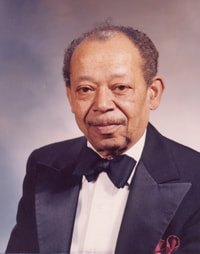
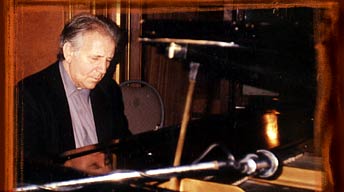
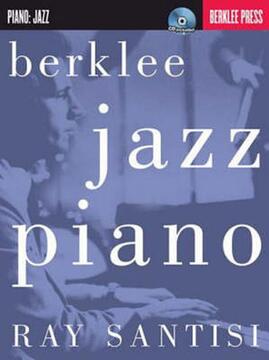
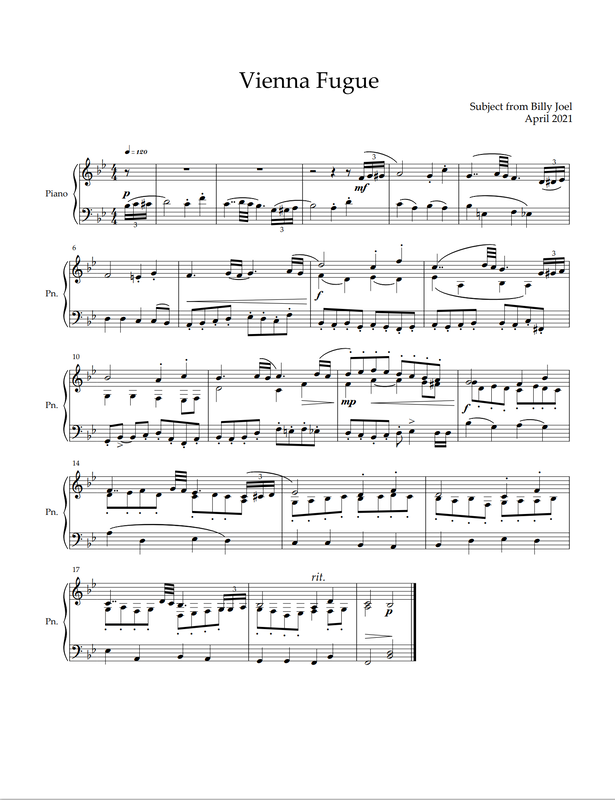
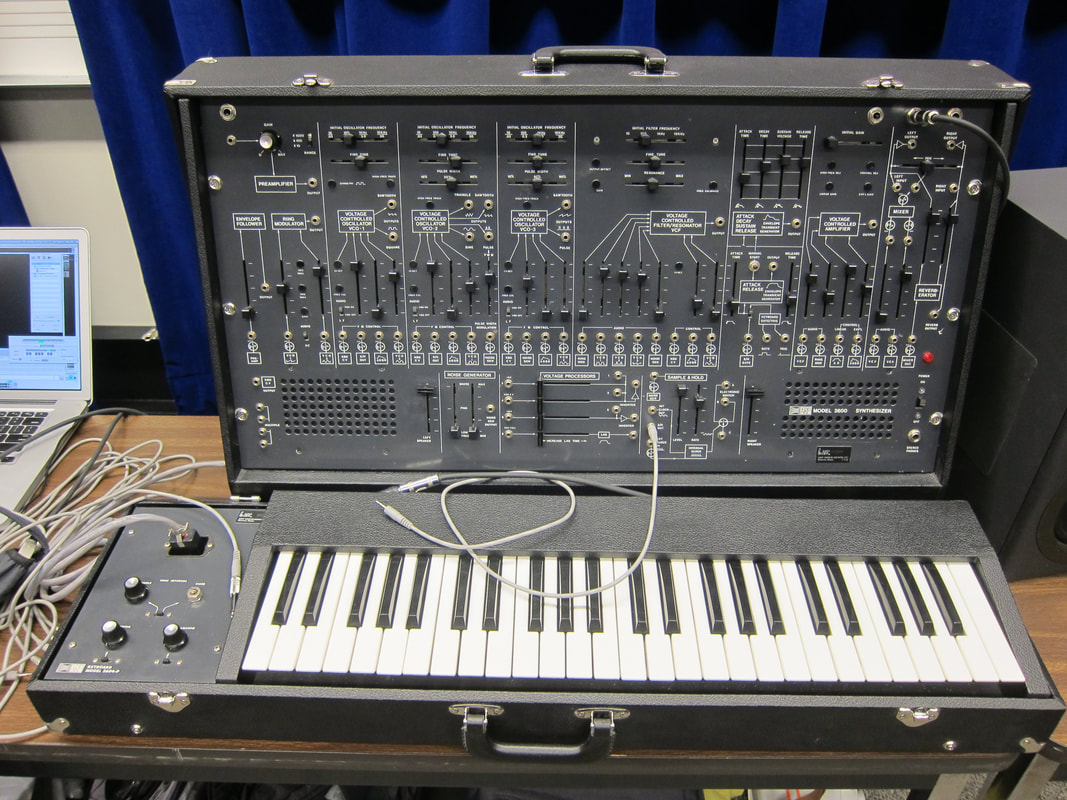
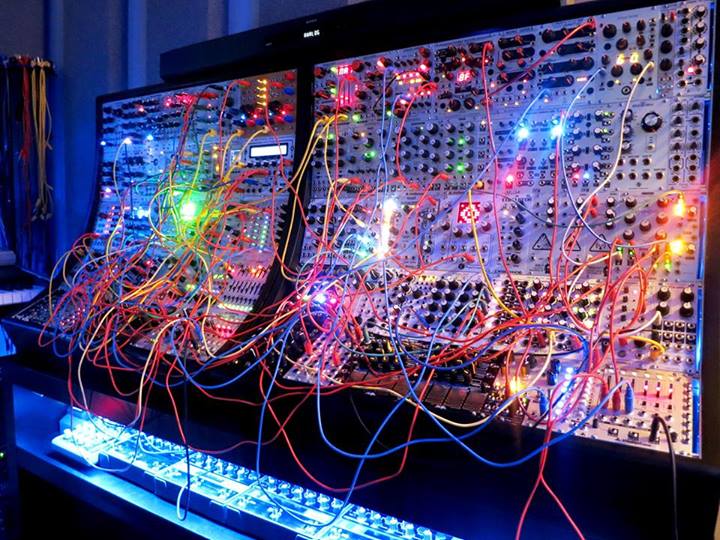
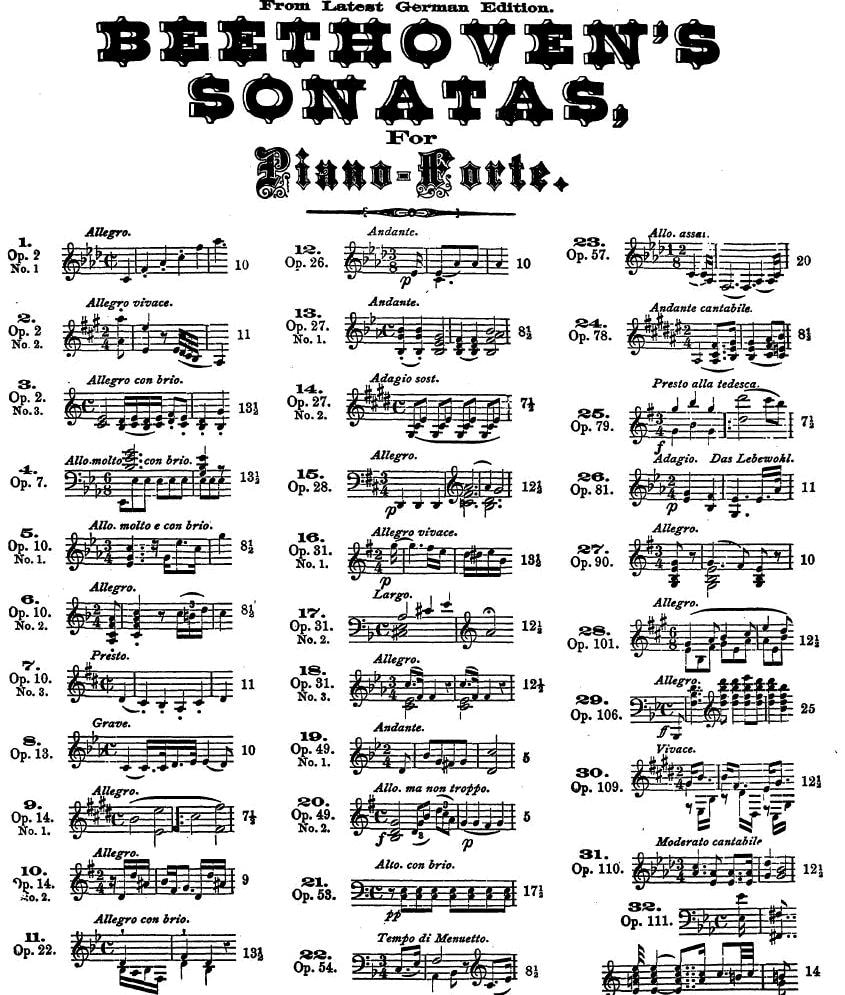
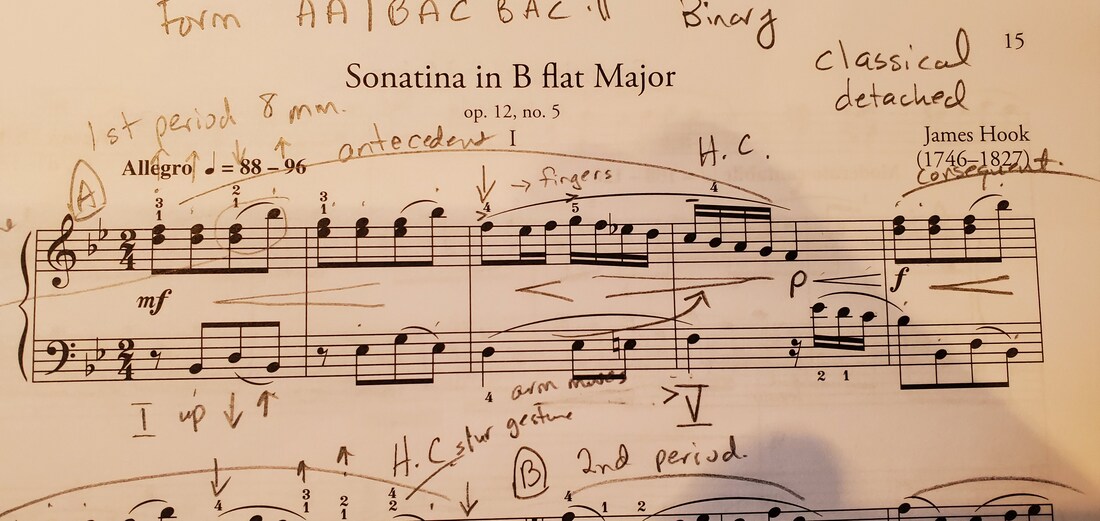
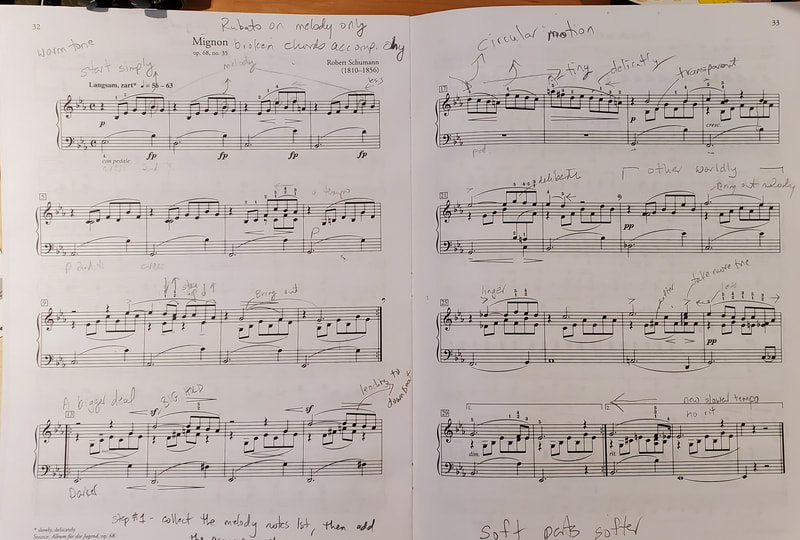
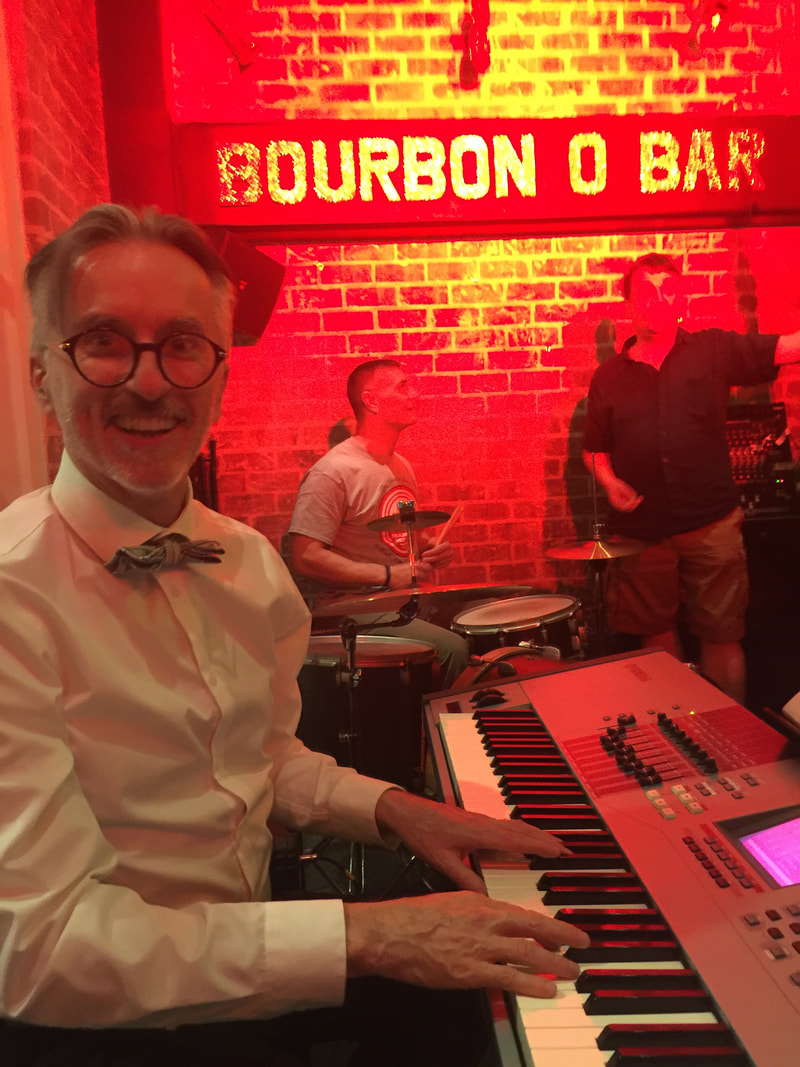
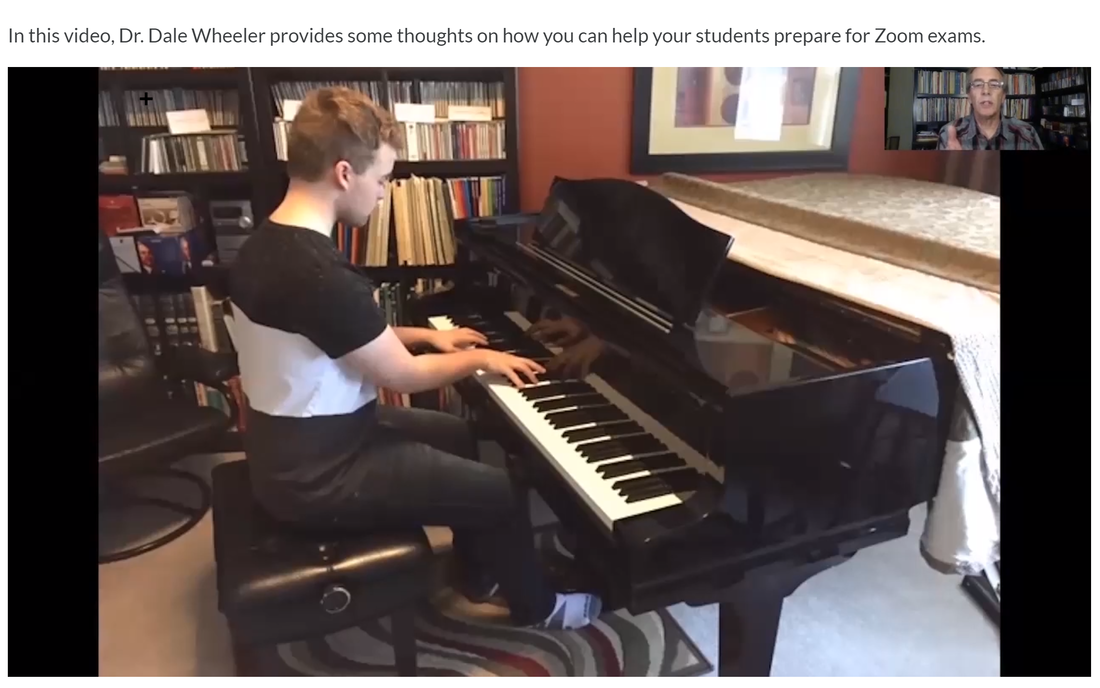

 RSS Feed
RSS Feed